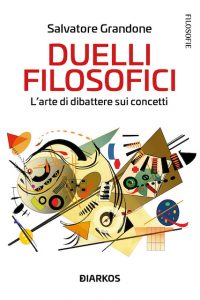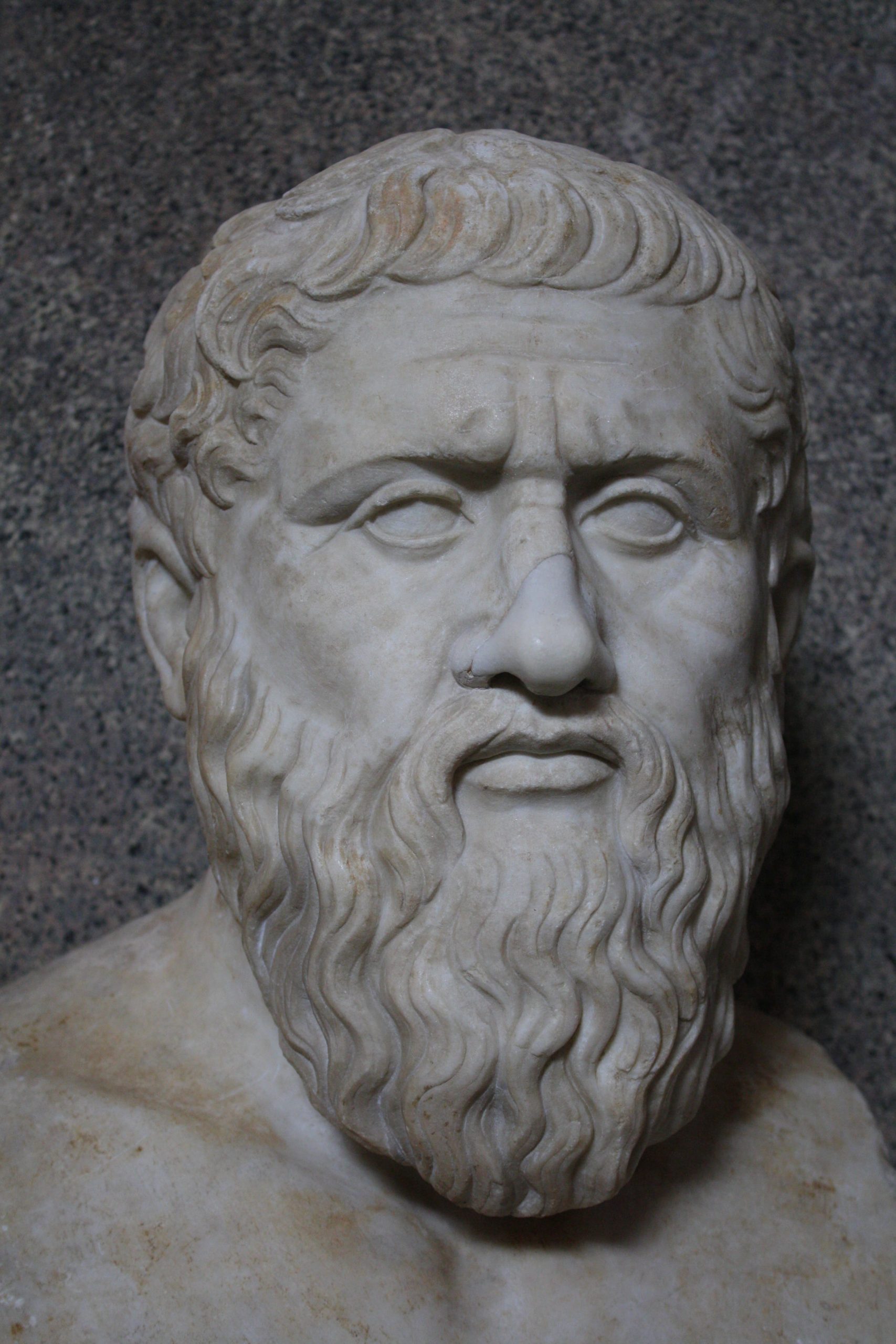Per Sebaste, la panchina perfetta è una “piega del mondo”, dove l’orizzonte lontanamente sconosciuto della visione ci libera, poiché “incorporato” da noi, se il sedersi rilassa per meditazione. Anche geograficamente, il panorama presuppone un terrazzo. Natasha è stata inquadrata in abito da sposa, in città. Lei posa seduta su una panchina, ed in maniera abbastanza “scoordinata”: accavallando non solo le gambe, ma anche il braccio destro, sullo schienale. L’espressione del volto si percepisce meditativa. Gli occhi sono chiusi, mentre la mano destra sale al mento, provando se non a “consolarlo” almeno a supportarlo. L’inquadratura ha una prospettiva doppiamente sghemba, all’incrocio fra la panchina e gli arti. Così vale la percezione d’un dis-piegamento, nella realtà a rilievi o scavi. Sarà un simbolismo per la meditazione della sposa? Sullo sfondo, la tenda da sole del negozio paradossalmente “tornerà indietro” dalla sua panoramica, aggregandosi alla “zattera” della panchina. I pensieri di Natasha potrebbero rendersi incerti.
...all we need is philosophy








